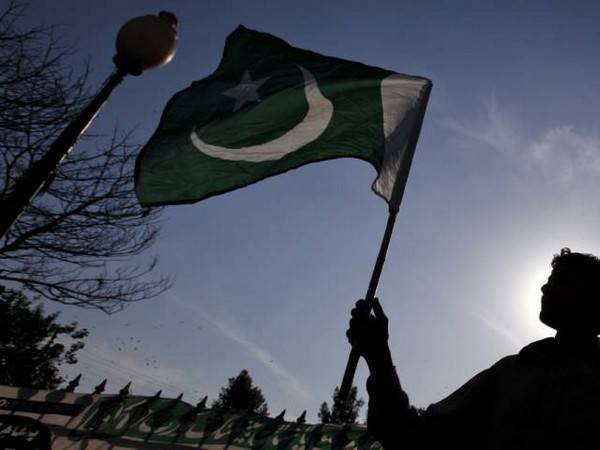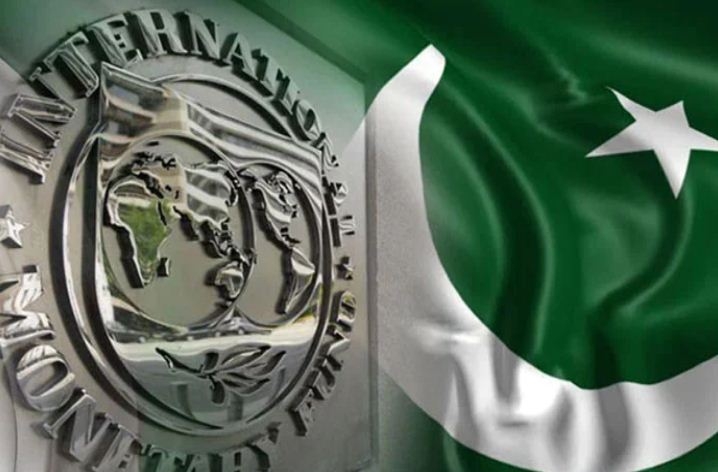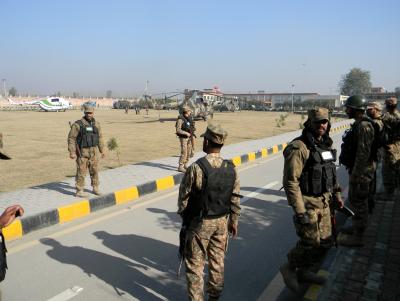The blatant human rights violations, blasphemy laws and rising religious intolerance, economic crisis and political instability appear to have created roadblocks for Pakistan’s re-entry to the GSP Plus club…reports Asian Lite News
Given that Pakistan has reneged on various international agreements that include those relating to good governance, human rights and labour rights, the European Union’s (EU) 10-year preferential trade agreement, GSP Plus, may not be extended, according to the Insideover.
As envisaged by the Generalised Scheme of Preferences (GSP) scheme, the country has also failed to bring about sustained development and poverty reduction in Pakistan.
In the year 2020, 28 per cent of Pakistan’s total exports to the EU were duty-free thanks to its GSP Plus status, and 78 per cent of these exports went to the EU. For the upcoming round, the EU has tightened the requirements for the GSP Plus programme, which grants duty-free access to more than 66 per cent of goods. To qualify for the GSP Plus programme, the nations will now need to submit a plan of action to implement more than 30 conventions.
In such a scenario, the blatant human rights violations, blasphemy laws and rising religious intolerance, economic crisis and political instability appear to have created roadblocks for Pakistan’s re-entry to the GSP Plus club. EU officials find the new conditions are likely to pose challenges to Pakistan’s prospects. There have been demands from businesses and intellectuals in Pakistan to take necessary measures to meet the requirements of GSP Plus, the Insideover reported.
Pakistan Institute of Labour Education and Research (PILER) Executive Director Karamat Ali said human rights and labour rights were the most serious challenges for the country.
“There are severe restrictions on human rights organisations as they are unable to exercise their fundamental right i.e., freedom of speech,” he said.
“Women abuse, deteriorating press freedom, rising cases of enforced disappearances, and the growing political instability in Pakistan have been violating the GSP Plus conditions. In 2018, EU Parliament debated withdrawing Pakistan’s GSP Plus status due to the death penalty for 28 crimes including blasphemy and adultery,” Ali said.
Citing thousands of death penalties, European Parliament member Barbara Matera said, “This position stands in contrast with European trade policy, especially evident in the trade benefits programme GSP Plus.”
Pakistan has refused to abolish the death penalty.
Germany, the most influential member country of the EU, has warned Pakistan of losing GSP Plus status for blocking imports, the Insideover reported.
“Pakistan runs the risk of losing further benefits from GSP+ and its succeeding regime if German companies ’imports are blocked,” said German Ambassador Alfred Grannas.
Notably, Germany supported Pakistan’s bid for the GSP Plus status in 2013. Islamabad’s inability to control anti-France protests, which had forced French companies and citizens to leave the country, is going add to the problem.
EU Parliament had in 2021 adopted a resolution seeking to review the trade relations with Pakistan and scrapping Pakistan’s GSP Plus status, the Insideover reported.
Arif Rafiq, President of US-based Vizier Consulting warned Pakistan of losing GSP Plus status as Islamabad was seen buckling under pressure from the extremists during the anti-France protests.
The objectives of the GSP scheme seek to contribute to poverty reduction through export boosts and to promote sustainable development and good governance. However, these objectives were not fulfilled in the case of Pakistan, said the European Institute of Asian Studies, the Insideover reported.
“In fact, much of the advantages of the EU’s preferential trade scheme in Pakistan are pocketed by the business elite and modern Zamindars (feudal landlords), with little positive impact on the poorest levels of society as envisioned by the GSP+ framework,” its assessment revealed.
The European Parliament, in 2021, passed a resolution to reconsider GSP Plus privileges to Pakistan over the ties with the Taliban.
“Pakistan is assisting the Taliban in fighting the NRF by supplying its special forces and providing air support; whereas Taliban fighters have been provided with safe havens in Pakistan for many years,” read the resolution.
Dr Siegfried O. Wolf, Director of Research at Brussels-based South Asia Democratic Forum (SADF), demanded the GSP Plus status of Pakistan be removed as a punishment for being the state sponsor of terrorism.
Now, the EU is monitoring the implementation of international conventions by Pakistan, and the results are not positive, the Insideover reported.
The situation in Pakistan remains “troubling”, said European Parliament member Peter van Dalen.
“The human rights situation continues to be a cause for alarm, with constant challenges posed by blasphemy cases. Persistent political instability shows no signs of subsiding, and the recent arrest of former Prime Minister Imran Khan is just the latest development in this regard,” he told the European Parliament.
The EU’s Generalised Scheme of Preferences Plus (GSP+) gives developing countries a special incentive to pursue sustainable development and good governance.
Eligible countries have to implement 27 international conventions on human rights, labour rights, the environment and good governance. In return, the EU cuts its import duties to zero on more than two-thirds of the tariff lines of their exports. (ANI)














